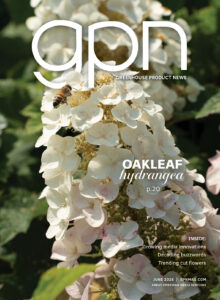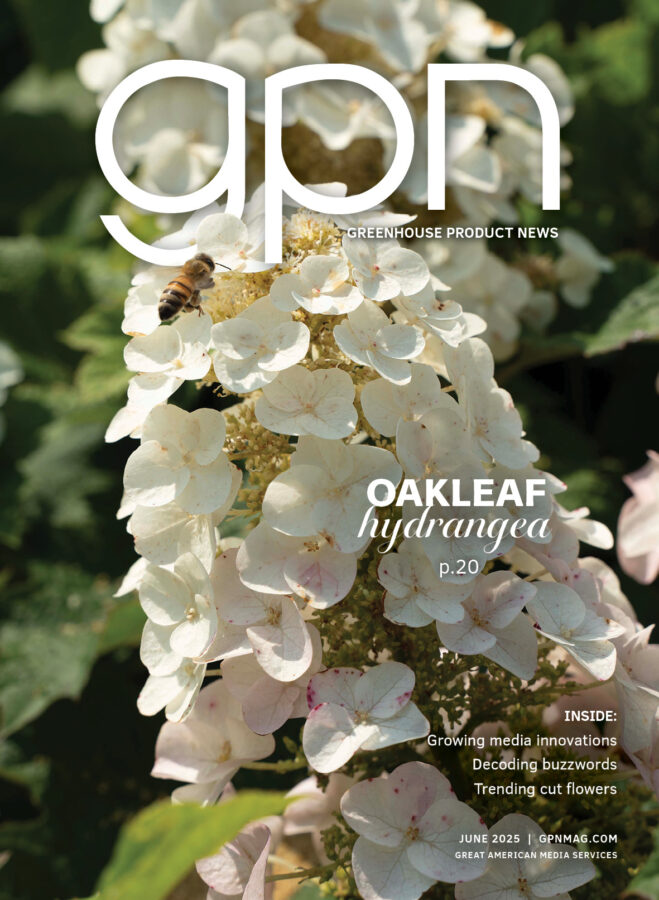Funding from The Bill & Melinda Gates Foundation will support tef
The Donald Danforth Plant Science Center and the Ethiopian Institute of Agricultural Research (EIAR) have received a $4.9 million grant from The Bill & Melinda Gates Foundation to build on previous advances in gene editing of tef for reduced height and lodging resistance in advanced, farmer preferred tef lines.
The grant will support research to validate the improved semi dwarf tef in Ethiopia under greenhouse and multi location field conditions and generate lodging resistance traits in already improved breeding lines. In addition, new edits will be created in farmer-preferred varieties at EIAR where Ethiopian scientists will be trained on the development of cultivar-independent transformation and editing methodologies.
“By harnessing the genome editing technology, it was possible to achieve semidwarf lodging resistant lines that breeders have been looking for decades,” said Getu Duguma, Ph.D., senior research scientist and principal investigator at the Danforth Center. “The funding from the Gates Foundation will support bringing this technology closer to where farmers need it the most.”
Tef (Eragrostis tef) is the largest cereal cultivated by area in Ethiopia. More than 80 million people rely on the crop. It is central to food and economic security, providing up to two-thirds of the country’s protein and dietary fiber. The ancient grain is gluten-free and rich in essential minerals such as iron, calcium, and magnesium. Tef is renowned for its adaptability to diverse growing conditions and drought tolerance, making it a promising candidate for a climate-resilient crop. While tef is grown mostly by smallholder farmers, it has growing importance for sustaining the rapidly growing urban population.
However, tef yields remain low and it is perhaps the only cereal crop whose cultivation has yet to be mechanized. Tef requires high labor input; seeding, weeding, harvest, and post-harvest which is typically carried out by women and family members. The challenge lies in the tall and weak stem causing the plants to fall over, a phenomenon known as “lodging” that is often affected by rain, wind, soil type, topography and the addition of nitrogen fertilizer. Lodging is a major impediment to modernizing tef production and inhibiting mechanized harvesting. The estimated annual production loss due to lodging amounts to 23-30%.
To address the issue of tef lodging, Duguma and his collaborators deployed gene editing to generate semi dwarf tef lines that are 10-50% shorter than the original. These improved lines have demonstrated lodging resistance in the Danforth Center’s greenhouse and Field Research Site.
“I believe that the outputs of this project will change the ‘ancient’ nature tef husbandry,” said Dejene Girma, Ph.D., the principal investigator of the project and director of Ag-Biotech Research at EIAR. “In addition, the generous grant from the foundation will provide EIAR the opportunity to train its researchers and develop gene editing capacity for this key food security crop and ultimately deliver lodging resistant tef lines to smallholder farmers.”
Learn more about Deguma’s work to improve tef in this video.
About the Donald Danforth Plant Science Center
Founded in 1998, the Donald Danforth Plant Science Center is a not-for-profit research institute with a mission to improve the human condition through plant science. Research, education, and outreach aim to have an impact at the nexus of food security and the environment and position the St. Louis region as a world center for plant science. The Center’s work is funded through competitive grants from many sources, including the National Science Foundation, National Institutes of Health, U.S. Department of Energy, U.S. Agency for International Development, and The Bill & Melinda Gates Foundation, and through the generosity of individual, corporate, and foundation donors. Follow us on Twitter at @DanforthCenter.
About the Ethiopian Institute of Agricultural Research (EIAR)
The Ethiopian Institute of Agricultural Research is one of the oldest and largest agricultural public research institution in Africa. The Institute has evolved through several stages since its first initiation during the late 1940s. EIAR’s mission is to conduct research that will provide market competitive agricultural technologies that will contribute to increased agricultural productivity and nutrition quality, sustainable food security, economic development, and conservation of the integrity of natural resources and the environment. There are 22 fully fledged agricultural research centers administered by EIAR. These centers are strategically spread across the country to address agricultural problems in different agroecologies. EIAR works with national, regional, and international partners and collaborators based on mutually agreed frameworks in research, capacity building, and promoting scaling up of agricultural technologies. EIAR is mainly funded by the government of Ethiopia and supported by funding in the form of project grants from external sources.









 Video Library
Video Library 


















